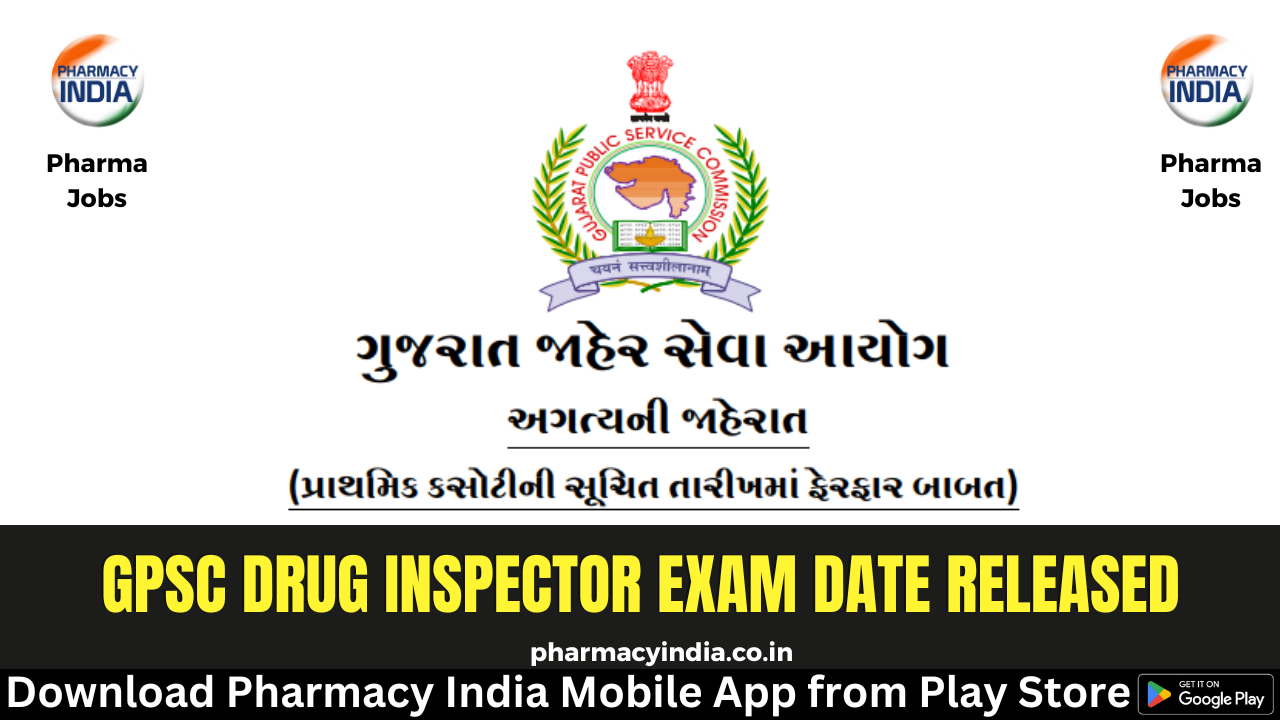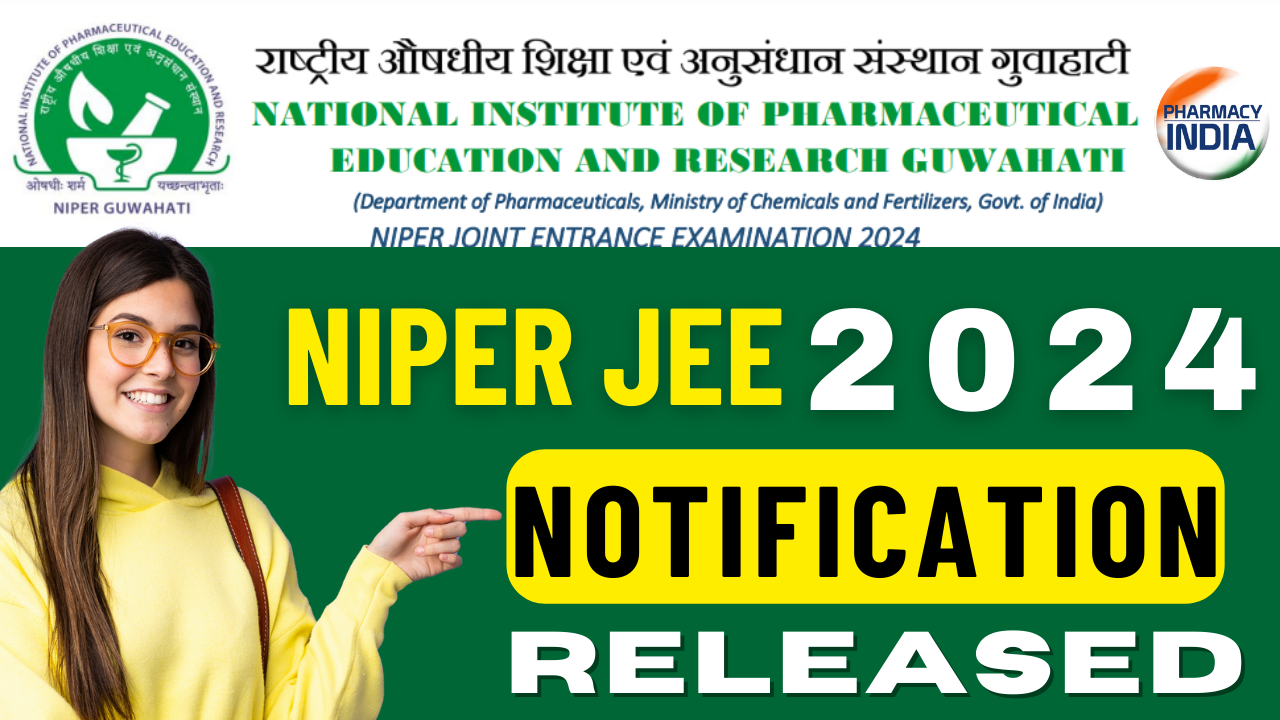The success of organ transplants in India is credited to improved organ preservation techniques, cutting-edge surgery, and anti-rejection medications. When a patient has serious organ failure, organ transplantation is a crucial therapy option. Both patient survival and quality of life are enhanced. Various organs such as the kidneys, liver, heart, pancreas, lungs, cornea, and skin are frequently transplanted, but tiny intestines, limbs, and other body parts are now being done as well, according to Dr. Rushi Deshpande, director of nephrology at Jaslok Hospital.
Every year, about 2.5 lac Indians require kidney transplants. However, India only performs 7,500–8,000 kidney transplants annually across its 250 centres. The majority of kidney transplants—about 90%—come from living donors, with the remaining 10% coming from deceased ones. Despite the fact that kidney transplantation is the greatest survival option, a sizable portion of people with renal illness still do not receive one.
With positive outcomes following kidney transplantation, India has been able to successfully overcome the early difficulties of medical and surgical issues. Our rates of rejection are extremely low because to cutting-edge immunosuppressive medications. As a result, we are among the top nations in the world for kidney transplants. The scarcity of organ donors, lack of knowledge about organ donation, costs, and the difficulty in obtaining next-generation advanced testing to identify mismatches between donors and receivers to lower the chance of rejection are some of the difficulties we currently face, he continued.
A big issue around the world, according to Dr. Deshpande, who is also the director of critical care nephrology at Sir HN Reliance Foundation Hospital, is the lack of organs. The issue can be somewhat reduced by raising knowledge of both live and deceased donors. Even when a donor is willing to contribute, there are situations when the donor is incompatible. This can be because of low antibody levels, an incompatible blood type, or for other causes. Desensitisation or kidney pair donation/exchange are options in these situations.
The transplant centre may set up a “swap” for two simultaneous transplants to occur if the recipient from one pair is compatible with the donor from the other pair, and vice versa. While the initial recipient/donor couples were unable to donate together, this enables two transplant recipients to receive living donor kidneys and two donors to continue to be able to do so. Desensitisation can be carried out and the donor can still contribute in the few instances where paired donation is not viable. The results can be improved by knowing the mismatches between the donor and recipient by next-generation sequencing HLA testing. He highlighted that increasing the government’s insurance coverage might help to reduce the cost factors.
With more donations being made each year, the situation for organ transplants in India is improving. The third-highest number of transplants worldwide are performed in India. To make transplants available to those who require them, a lot still needs to be done and a number of difficulties still exist. We can achieve the goal of transplanting a kidney to every patient who requires one if the public and private sectors work together, along with improvements in diagnostic techniques, improved public awareness of organ donation, paired donation, etc., said Dr. Deshpande.
Connect with Us
Click here to follow Us On Instagram
Click here to follow us on Facebook
Click here to follow us on Telegram Channel






